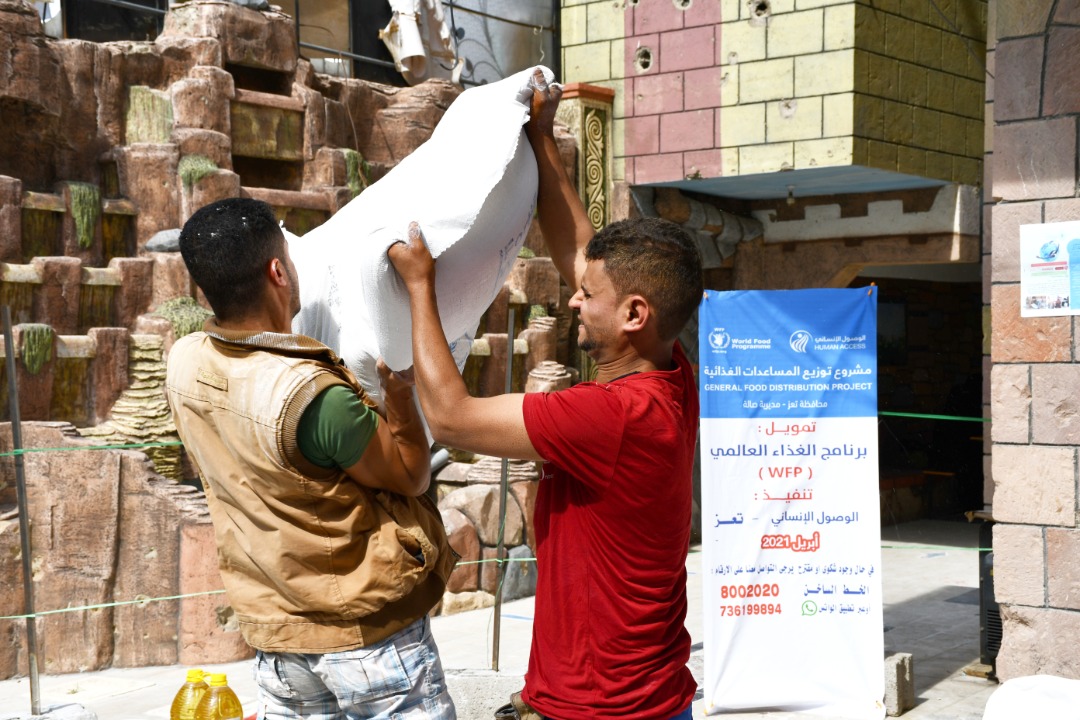
WFP overview
An international humanitarian organization dedicated to fighting hunger, symbolized by the acronym (WFP), based in Rome. The program began operating in 1962 and is affiliated with the United Nations agency to fight hunger globally. In 2020, WFP was awarded the Nobel Peace Prize. The program provides food aid to victims of natural disasters, internally displaced persons (IDPs), refugees and homeless people by war or disaster, as well as to the poor who are unable to resist hunger and poverty.
WFP areas of action
The program’s areas of action are to respond immediately to all emergencies and deliver food to the affected and most vulnerable groups urgently and continuously, by providing emergency food aid to affected and low-income families, and providing meals for school children and encouraging them to enroll in education.
WFP interventions in Yemen
The interventions of the program are evident through the rapid response to the emergency situation, and the provision of food in Yemen to large groups of citizens who suffer from difficulty obtaining food due to the deteriorating economic conditions, interruption of salaries, unemployment and the repercussions of wars. Humanitarian aid also covers all groups, including children and pregnant women.
The program provides statistics on rates of hunger and poverty in Yemen. These statistics helped identify families who needed urgent nutritional intervention. The program also coordinates with some international agencies to provide food to confront humanitarian disasters and respond to them with medical, food and financial supplies to provide relief to the Yemeni people, and to create job opportunities to eradicate poverty, given that the organization's work is not limited to distributing foodstuffs only.
Sources:


